In his 14-month tenure, courts cleared 11l cases and took action against more than 40 erring judges.
1.In past 14 months,11 lakh cases disposed of.
2.In a novel initiative, HC recruited retired court staff to speed up delivery of justice.
3.The Apex court reposed faith in state HC by transferring 2002 riot cases back to state
4.Action against scores of erring judges
5.The concept of morning courts too is being considered...
...and still counting! The list of achievements for someone steering Gujarat judiciary for a tenure as brief as 14 months is quite impressive. Chief justice of Gujarat high court,
justice KS Radhakrishnan — who is to be elevated to the Supreme Court soon, and who was given a farewell on Thursday by the HC judges — retooled the state’s judicial system to be more responsive to people and more truthful to itself.
As the state’s chief justice, Justice Radhakrishnan gave some landmark judgements and made sincere efforts to stamp out unethical practices from the state’s courts. He set out to make it easier for the common man to move the courts for justice.
The Gujarat high court is currently working on several measures — some of which were mooted by the chief justice of the Supreme Court, justice Balakrishnan — to make the
judicial system more sensitive to citizens. Prominent among these are: the idea of setting up morning courts; recruitment of retired court staff to help in revamping the state’s judicial system; making Gram Nyayalayas and Juvenile Justice Boards truly functional; and rooting out corruption from the state’s courts.
In a rare and exclusive interview, justice Radhakrishnan explained what he believes can be achieved by the measures suggested by him. He said morning courts, if set up, can help reduce the backlog of pending cases in the same way as evening courts have done. Gujarat was the first state in the country to start evening courts in 2006.
“The success of evening courts in reducing the backlog of cases gives me hope that morning courts, too, can do the same,” said Justice Radhakrishnan. “The morning courts can handle petty cases and dispose them of, thus reducing the backlog of cases. Many people will find them convenient as the court will be free during the day for other work. The courts will also generate income for junior lawyers.”
Morning courts are already functioning successfully in Hyderabad. The outgoing chief justice of the Gujarat high court said that morning courts can be viable in Gujarat, too, if the bar lends them its support.
“He is one of the finest chief justices this HC has seen. He also set an ideal example and precedent for judges by his nature and behaviour during work,” observes Yogesh Lakhani, president of Gujarat HC Advocates’ Association. Currently, as many as 87 evening courts are functional in the 24 districts of the state, and around 6 lakh cases have been disposed of by them. The evening courts function from 6:30 to 8:30 pm and handle only petty legal cases. The high court pays Rs44 per case to defray the expense of the evening courts. From page 1
“Subordinate courts generally start functioning from 11 in the morning every day,” said Justice Radhakrishnan. “Morning courts can function from 8:30 to 10:30 in the morning. A morning court can be started on the same court premises as the subordinate courts and with the same staff who, like the staff of evening courts, can be paid 25% extra pay.” The first evening court of the country was inaugurated on November 14, 2006, on Ahmedabad district court premises at Mirzapur, by the then chief justice of India, justice YK Sabharwal.
Gram nyayalayas
The Gujarat high court has taken steps to implement the Gram Nyayalaya Act in the state. “The high court will establish village courts or mobile courts in the villages of the state as per the provisions of Gram Nyayalaya Act,” said Justice Radhakrishnan.
The high court has already constituted a committee for the implementation of the Act, and it was Justice Radhakrishnan who appointed Justice AL Dave as the committee’s chairman. The committee will decide whether mobile courts are feasible in the state.
The Union government has proposed the establishment of the 5,000 mobile courts in far-flung rural areas of each state. Wherever they are set up, these courts will handle petty civil disputes and petty criminal cases, too.
Improving image of judiciary in Gujarat
It is for his steps to clean up the state’s judicial system that Justice Radhakrishnan will be chiefly remembered by the people of Gujarat. He told DNA that practices unbecoming of the judiciary should not be tolerated. It was during his tenure as the chief justice of Gujarat that the high court administration expedited vigilance enquiries against many judges.
As a result, action was taken against more than 40 judges in a single year. Such a ‘cleanliness drive’ has never been undertaken by the Gujarat high court earlier. “This was done to set an example and warn corrupt judicial officers that practices unbecoming of the judiciary will not be tolerated,” he said.
Justice Radhakrishnan said he had tried to improve the image of the state judiciary during his tenure as the chief justice of Gujarat.
Recruitment of retired officers
Under justice Radhakrishnan, the Gujarat high court launched the mammoth task of revamping and transforming the judicial system in the state. To speed up the work and keep expenses low, the high court has decided to recruit former court officers and staff for different assignments. “The high court has recruited the retired staff on contract throughout the state for most of the overhaul work,” said Justice Radhakrishnan. “They have been assigned different tasks according to their abilities.”
He said the high court management had decided to recruit former court staff because they are well informed about the working of the judiciary. In the last two years, the high court has launched a big drive to recruit judges and administrative staff.
Juvenile justice boards
The Gujarat high court is concerned about the juvenile justice boards which are supposed to oversee the condition and functioning of the remand homes and observation homes for juvenile delinquents in the state.
“The high court is keen to improve the condition of the remand homes and the observation homes where juvenile delinquents are kept,” Justice Radhakrishnan said. “Justice Jayant Patel has been appointed to monitor the functioning of the juvenile justice boards and the condition of the remand homes. He has visited the homes, and also met the heads of different government departments to ensure improvement in the functioning of the juvenile boards.”
![submenu-img]() Nagaland Lok Sabha Election Result 2024: Full list of winner and loser candidates will be announced soon
Nagaland Lok Sabha Election Result 2024: Full list of winner and loser candidates will be announced soon![submenu-img]() Meghalaya Lok Sabha Election Result 2024: Full list of winner and loser candidates will be announced Soon
Meghalaya Lok Sabha Election Result 2024: Full list of winner and loser candidates will be announced Soon![submenu-img]() Delhi Lok Sabha Election Results 2024: Full List of Winner and Loser Candidates will be announced Soon
Delhi Lok Sabha Election Results 2024: Full List of Winner and Loser Candidates will be announced Soon![submenu-img]() Varun Dhawan, Natasha Dalal blessed with a baby girl, grandfather David Dhawan shares good news
Varun Dhawan, Natasha Dalal blessed with a baby girl, grandfather David Dhawan shares good news![submenu-img]() DNA TV Show: Opposition rejects exit polls results, demands counting of postal ballots first
DNA TV Show: Opposition rejects exit polls results, demands counting of postal ballots first![submenu-img]() Meet man who won medals for India in bodybuilding, cracked UPSC in 1st attempt, resigned as IRS after 10 years due to...
Meet man who won medals for India in bodybuilding, cracked UPSC in 1st attempt, resigned as IRS after 10 years due to...![submenu-img]() IIT-JEE topper with AIR 1 joins IIT Bombay, gets job at NASA as scientist, leaves to work as…
IIT-JEE topper with AIR 1 joins IIT Bombay, gets job at NASA as scientist, leaves to work as…![submenu-img]() Meet man who grew up in orphanage, began working at 10 as cleaner, delivery boy, then became IAS officer, is posted at..
Meet man who grew up in orphanage, began working at 10 as cleaner, delivery boy, then became IAS officer, is posted at..![submenu-img]() Meet UPSC topper who cleared JEE Advanced, went to IIT Kanpur, left high-paying job to become IPS officer, secured AIR..
Meet UPSC topper who cleared JEE Advanced, went to IIT Kanpur, left high-paying job to become IPS officer, secured AIR..![submenu-img]() Meet woman who cracked UPSC exam twice, left IPS to become an IAS officer, secured AIR...
Meet woman who cracked UPSC exam twice, left IPS to become an IAS officer, secured AIR...![submenu-img]() DNA Verified: Did Kangana Ranaut party with gangster Abu Salem? Actress reveals who's with her in viral photo
DNA Verified: Did Kangana Ranaut party with gangster Abu Salem? Actress reveals who's with her in viral photo![submenu-img]() DNA Verified: New Delhi Railway Station to be closed for 4 years? Know the truth here
DNA Verified: New Delhi Railway Station to be closed for 4 years? Know the truth here![submenu-img]() DNA Verified: Did RSS chief Mohan Bhagwat praise Congress during Lok Sabha Elections 2024? Know the truth here
DNA Verified: Did RSS chief Mohan Bhagwat praise Congress during Lok Sabha Elections 2024? Know the truth here![submenu-img]() DNA Verified: Is CAA an anti-Muslim law? Centre terms news report as 'misleading'
DNA Verified: Is CAA an anti-Muslim law? Centre terms news report as 'misleading'![submenu-img]() DNA Verified: Lok Sabha Elections 2024 to be held on April 19? Know truth behind viral message
DNA Verified: Lok Sabha Elections 2024 to be held on April 19? Know truth behind viral message![submenu-img]() Lok Sabha Elections 2024: What are exit polls? When and how are they conducted?
Lok Sabha Elections 2024: What are exit polls? When and how are they conducted?![submenu-img]() DNA Explainer: Why was Iranian president Ebrahim Raisi, killed in helicopter crash, regarded as ‘Butcher of Tehran’?
DNA Explainer: Why was Iranian president Ebrahim Raisi, killed in helicopter crash, regarded as ‘Butcher of Tehran’?![submenu-img]() DNA Explainer: Why did deceased Iranian President Ebrahim Raisi wear black turban?
DNA Explainer: Why did deceased Iranian President Ebrahim Raisi wear black turban?![submenu-img]() Iran President Ebrahim Raisi's death: Will it impact gold, oil prices and stock markets?
Iran President Ebrahim Raisi's death: Will it impact gold, oil prices and stock markets?![submenu-img]() Haryana Political Crisis: Will 3 independent MLAs support withdrawal impact the present Nayab Saini led-BJP government?
Haryana Political Crisis: Will 3 independent MLAs support withdrawal impact the present Nayab Saini led-BJP government?![submenu-img]() Varun Dhawan, Natasha Dalal blessed with a baby girl, grandfather David Dhawan shares good news
Varun Dhawan, Natasha Dalal blessed with a baby girl, grandfather David Dhawan shares good news![submenu-img]() Natasa Stankovic's friend Aleksandar Ilic slams troll saying he broke her marriage with Hardik Pandya: 'Should I...'
Natasa Stankovic's friend Aleksandar Ilic slams troll saying he broke her marriage with Hardik Pandya: 'Should I...'![submenu-img]() Neha Sharma reveals if her father's political career has backfired on her in Bollywood: 'I am not here to promote...'
Neha Sharma reveals if her father's political career has backfired on her in Bollywood: 'I am not here to promote...'![submenu-img]() Venom The Last Dance trailer: Tom Hardy and his symbiote fight aliens in trilogy's finale, film to release on...
Venom The Last Dance trailer: Tom Hardy and his symbiote fight aliens in trilogy's finale, film to release on...![submenu-img]() Ammy Virk defends Diljit Dosanjh's decision to not wear a turban in Amar Singh Chamkila: 'You can't stop the trolls'
Ammy Virk defends Diljit Dosanjh's decision to not wear a turban in Amar Singh Chamkila: 'You can't stop the trolls'![submenu-img]() Watch viral video: Isha Ambani stuns during Anant Ambani and Radhika Merchant's pre-wedding celebrations in Italy
Watch viral video: Isha Ambani stuns during Anant Ambani and Radhika Merchant's pre-wedding celebrations in Italy![submenu-img]() Former air hostess reveals harsh realities of flight attendant job, says 'people think...'
Former air hostess reveals harsh realities of flight attendant job, says 'people think...'![submenu-img]() 'Egg fry or fish fry': Viral video shows egg dish looking like goldfish; watch
'Egg fry or fish fry': Viral video shows egg dish looking like goldfish; watch![submenu-img]() Viral: IndiGo crew protects passengers from rain, watch heartwarming video
Viral: IndiGo crew protects passengers from rain, watch heartwarming video![submenu-img]() This variety of mango costs Rs 2.50-3 lakh a kg, know why
This variety of mango costs Rs 2.50-3 lakh a kg, know why










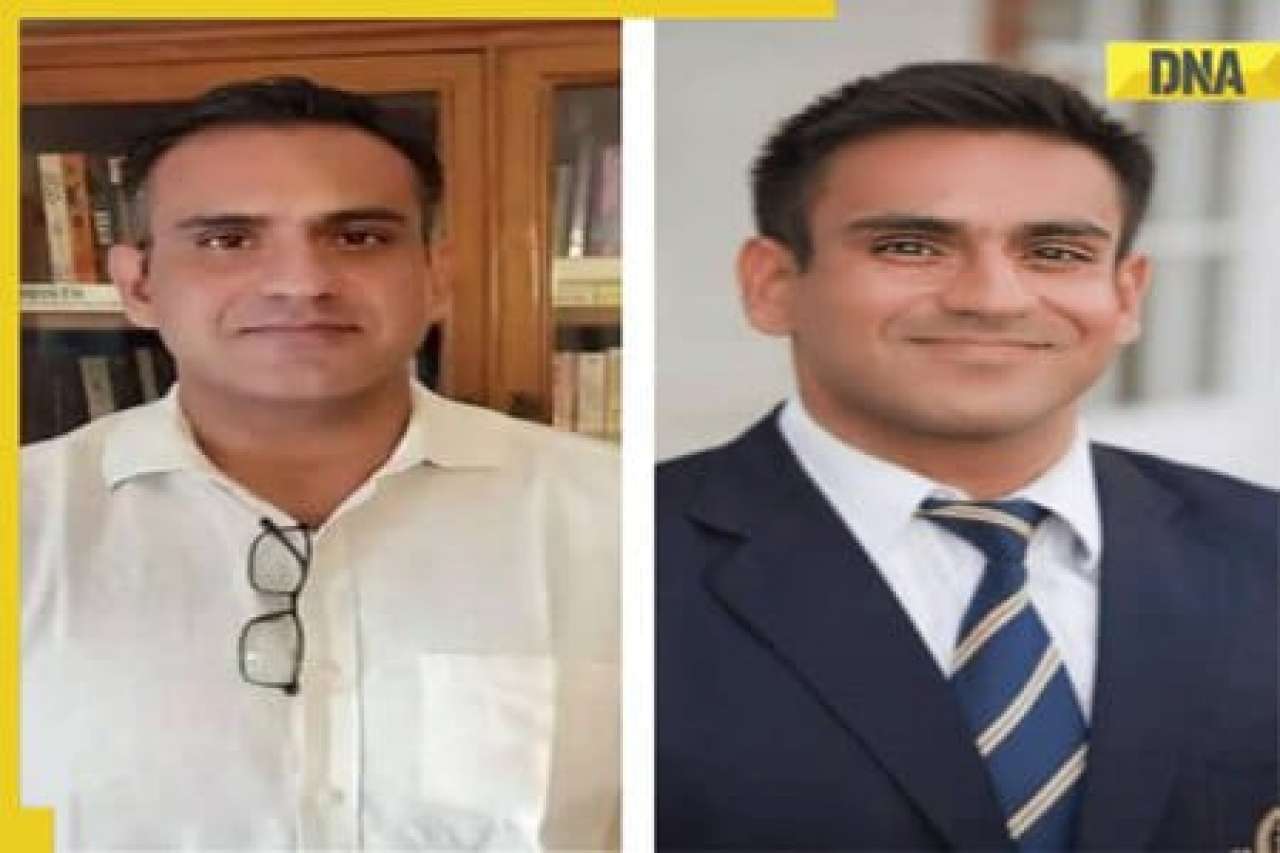
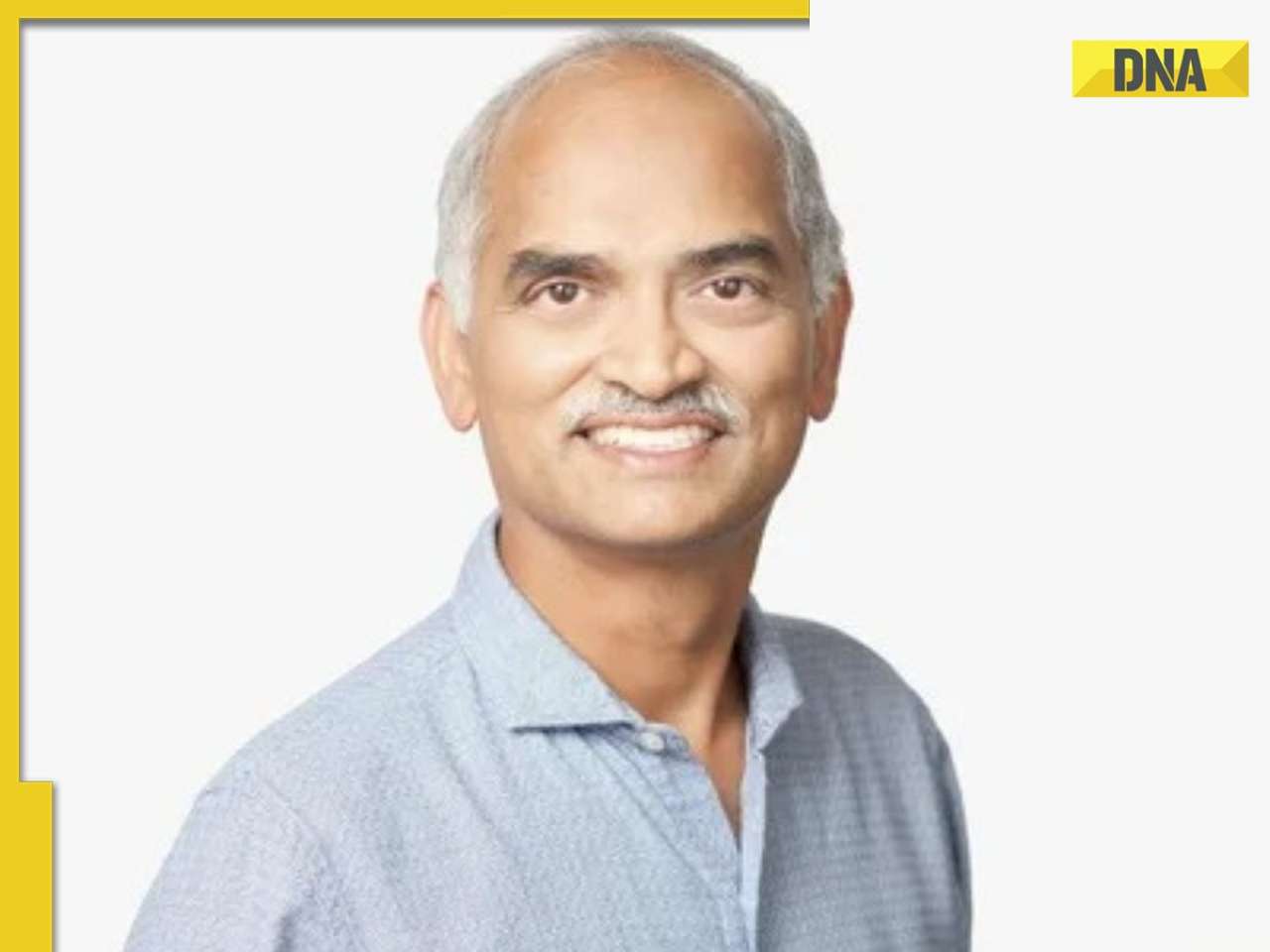
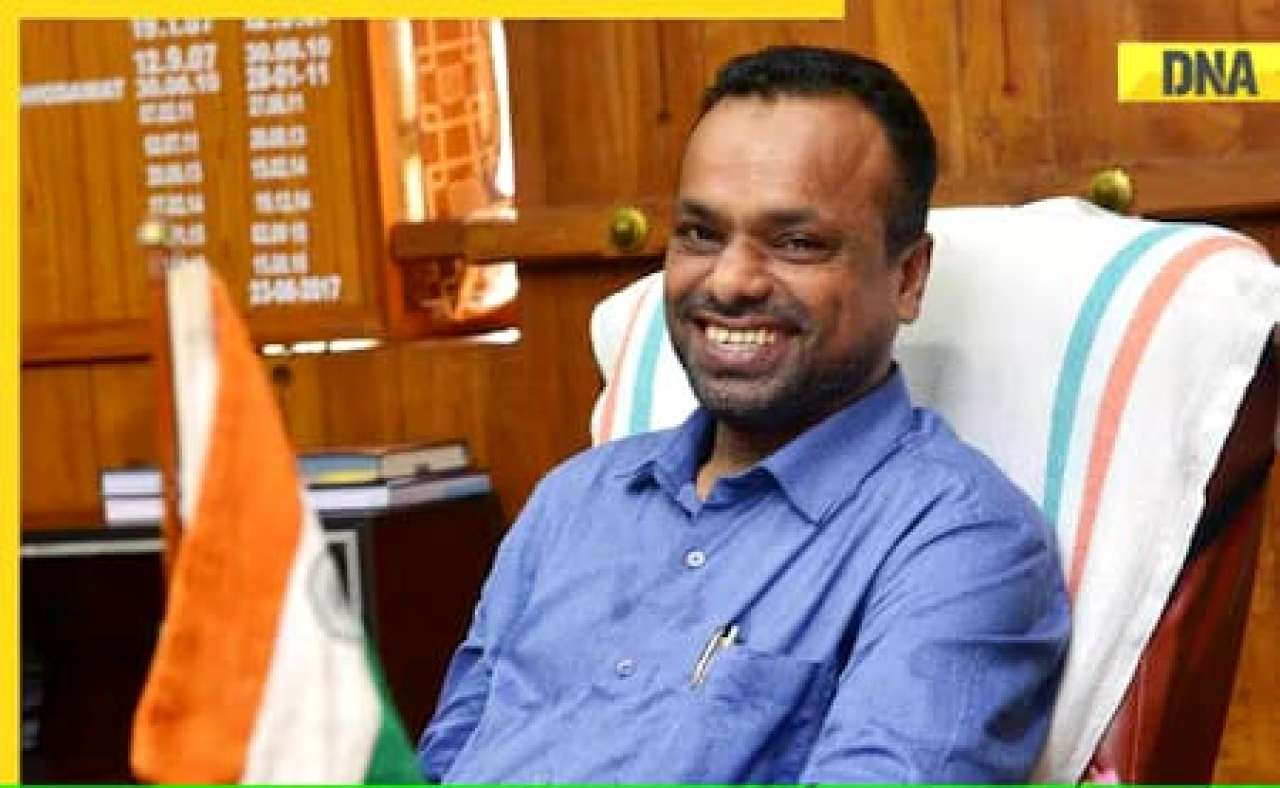
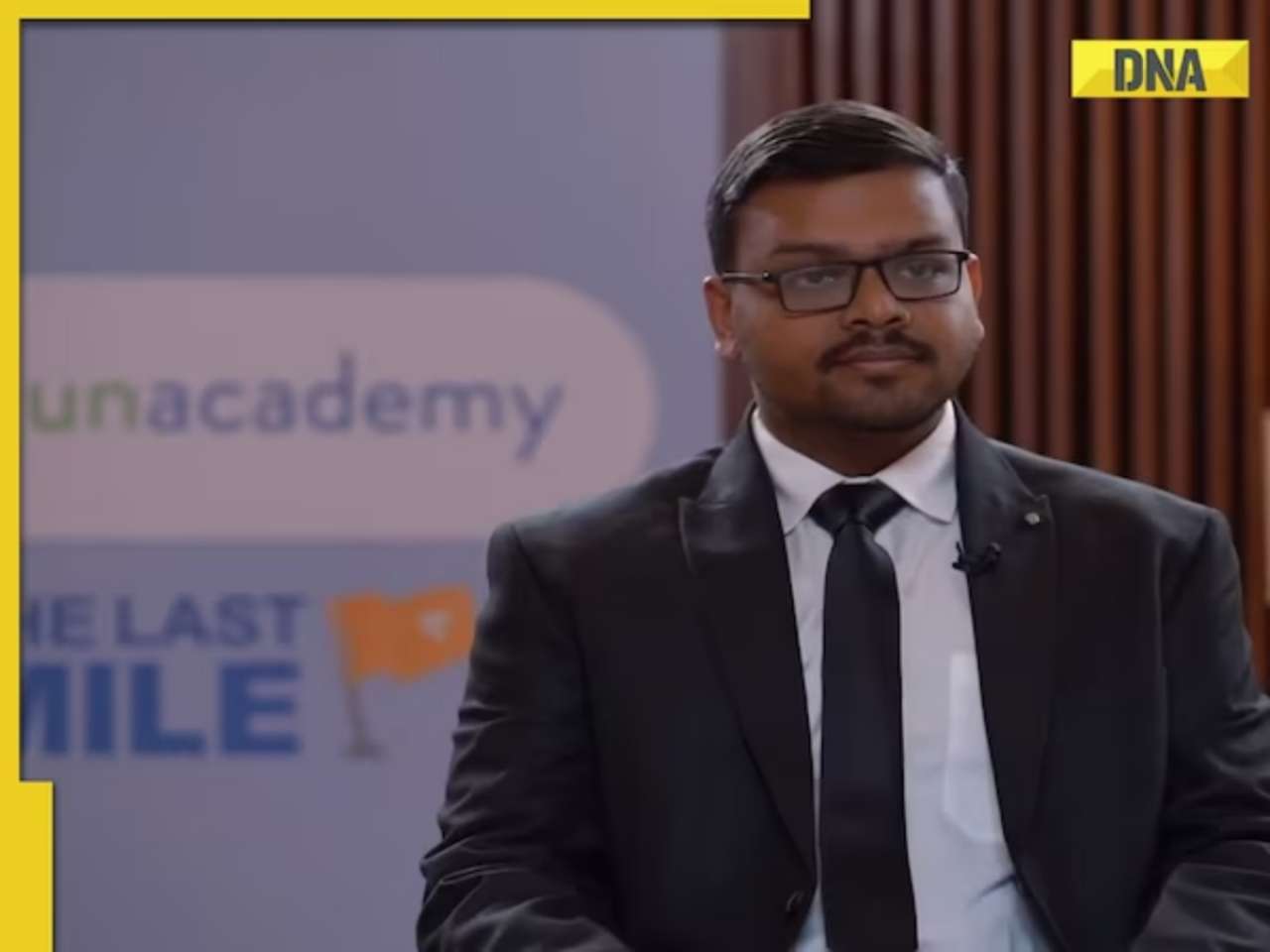
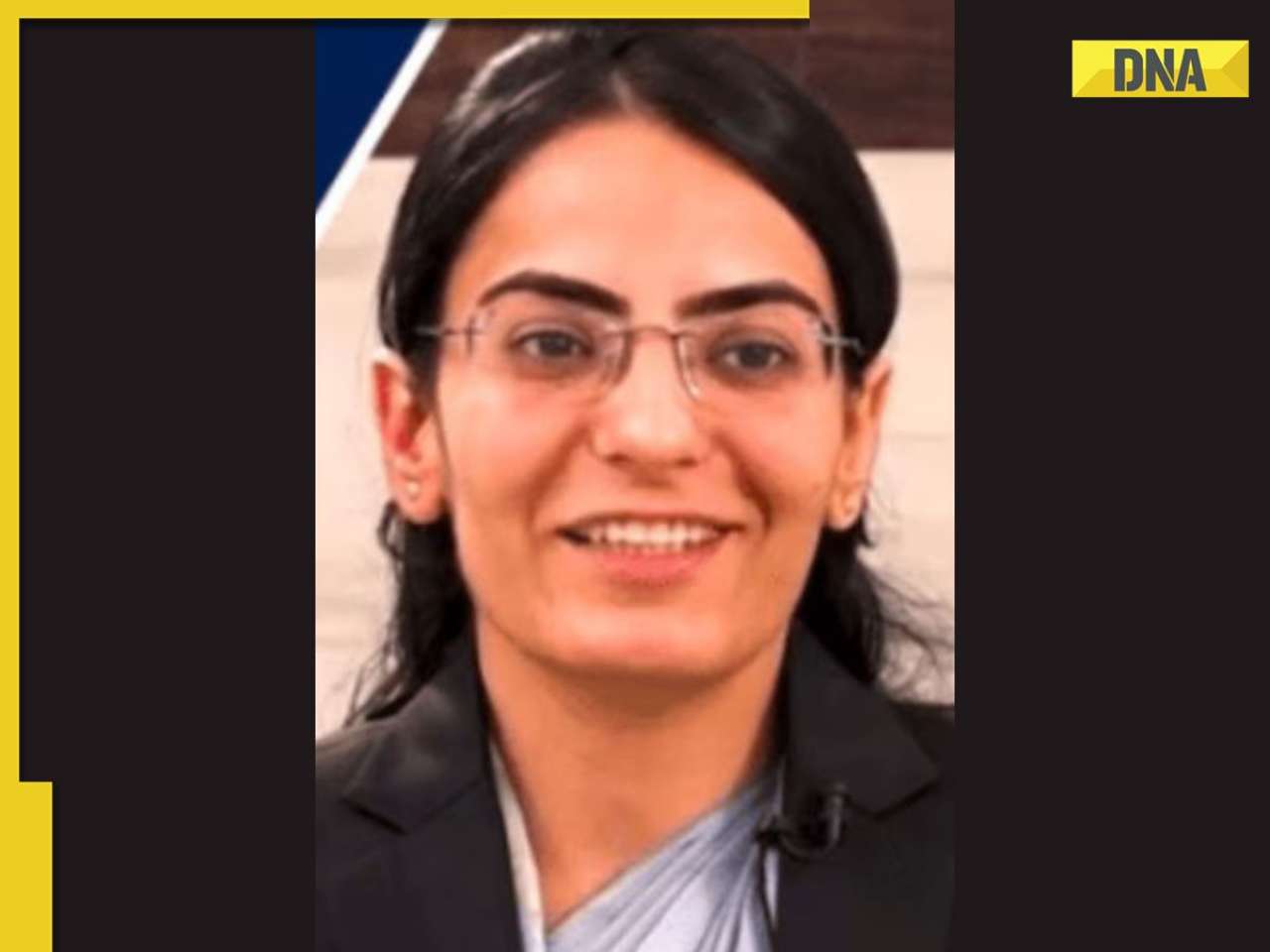





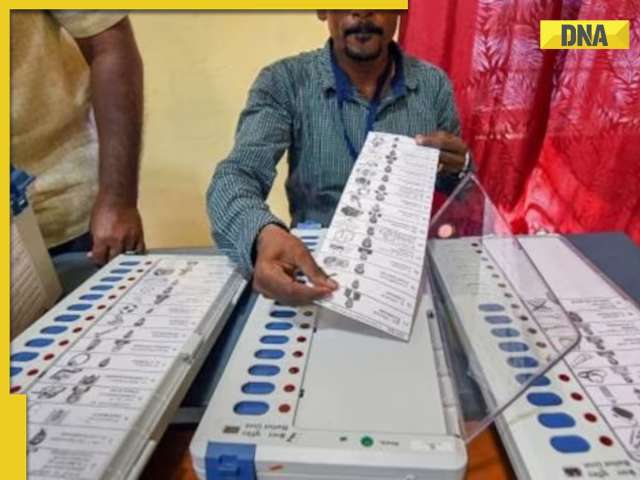

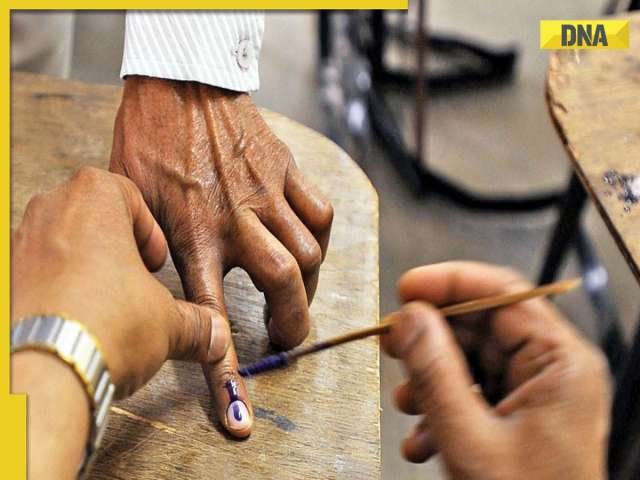




















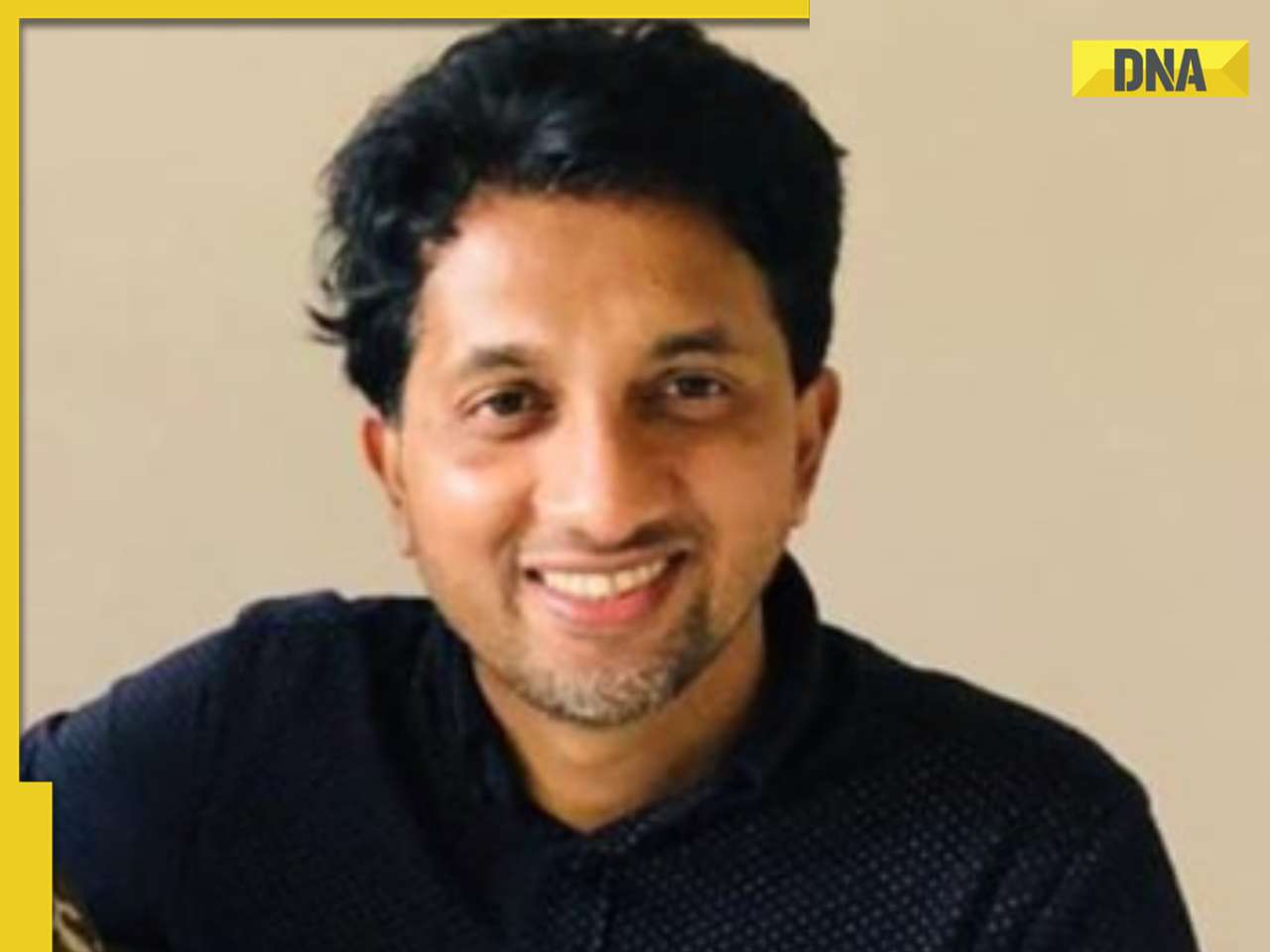
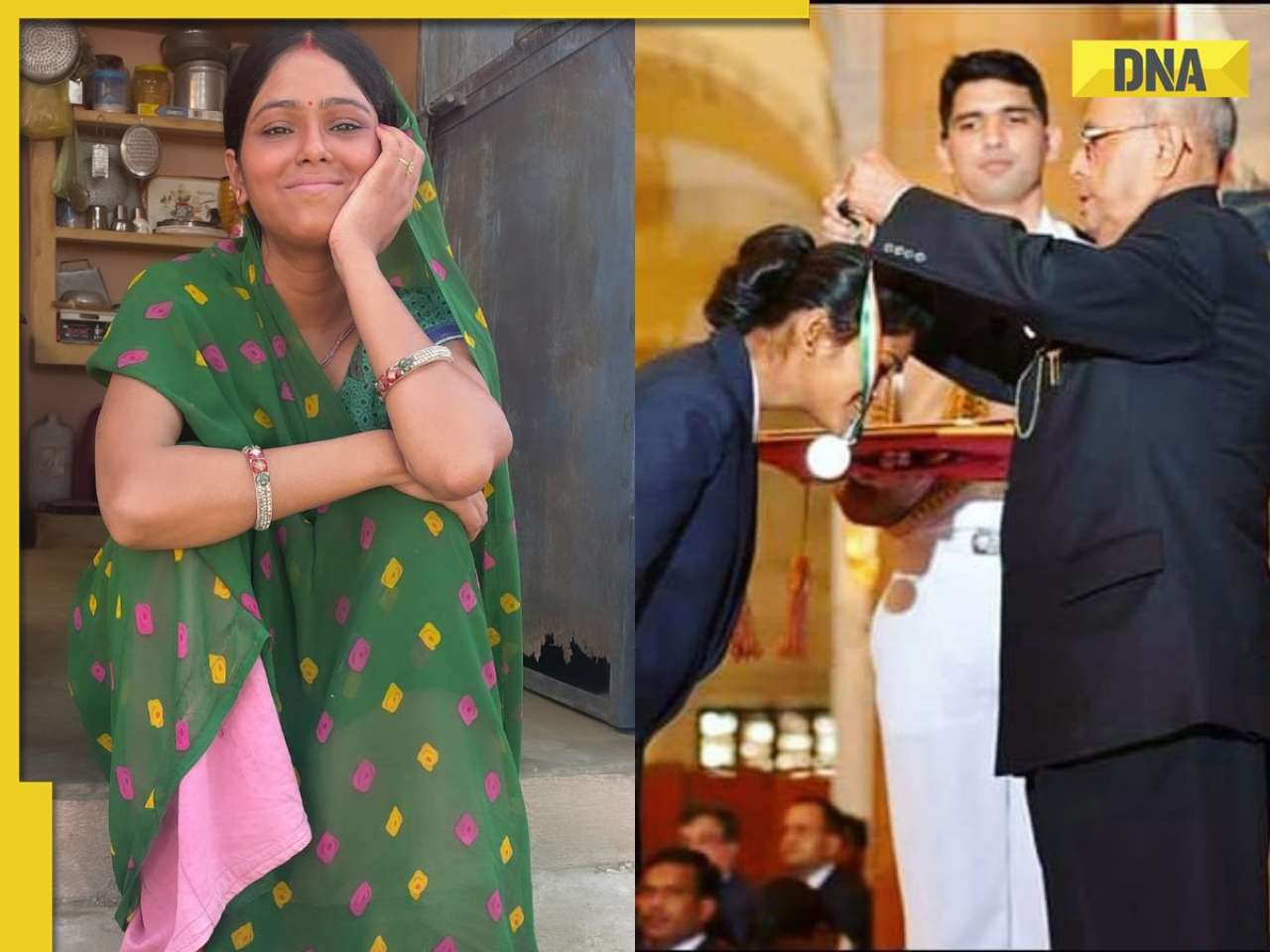
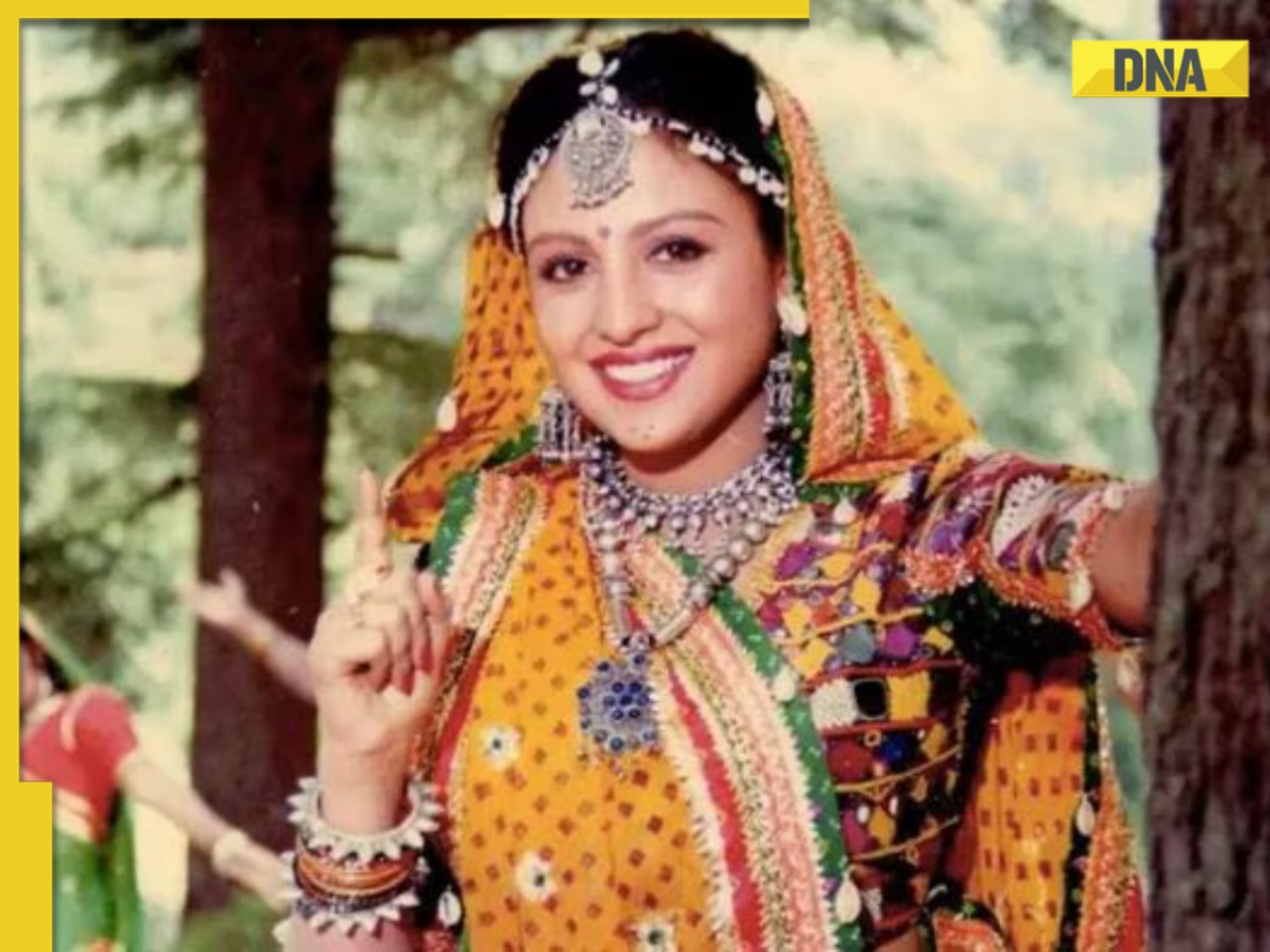
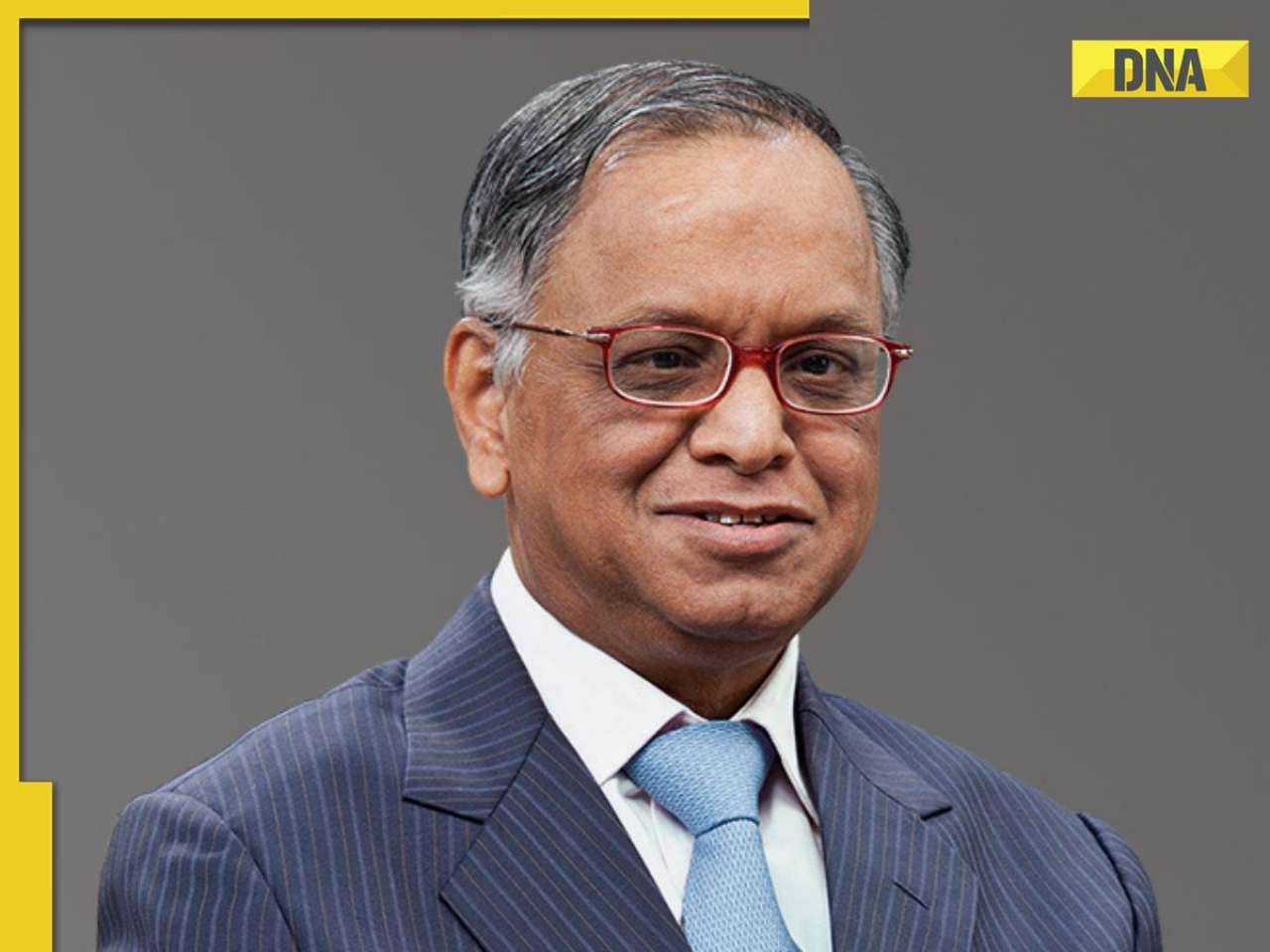





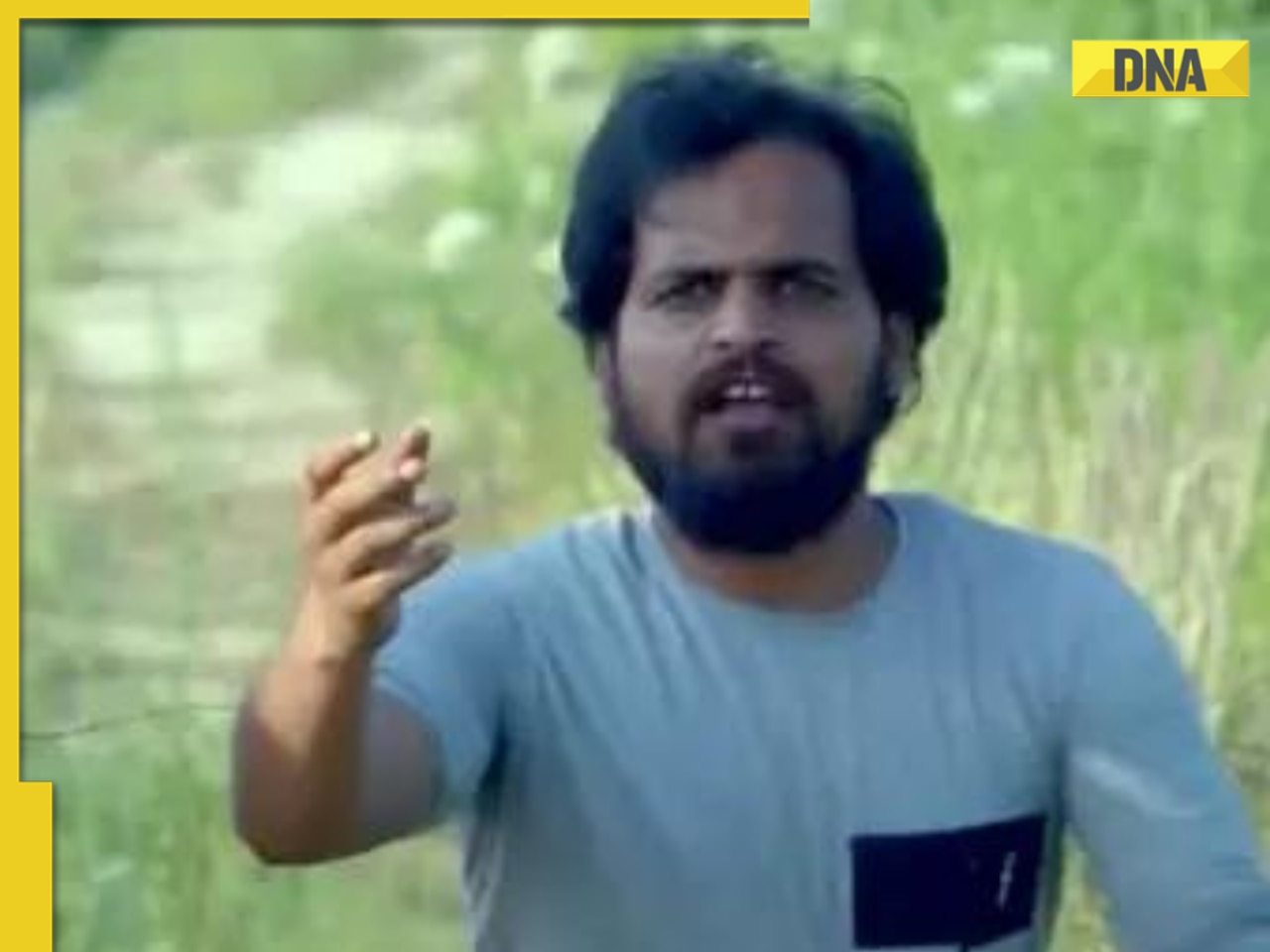





)
)
)
)
)
)